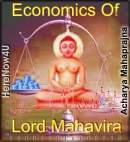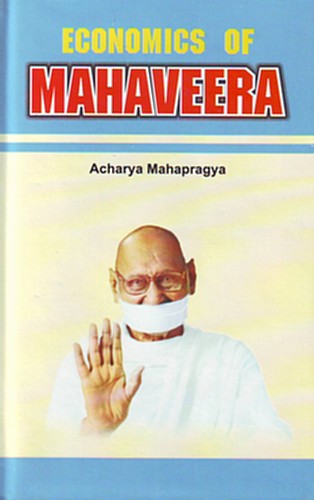
The emotional problem is the most complex of all. For the growth of material wealth, greed has been allowed to grow unabated. Wealth increases in tune with the increase in greed and ambitions. This process has given rise to emotional problems. A rich person wants to become richer, and then he wants to become the richest. There is a race for becoming more and more affluent. The resources are limited. If resources had been unlimited then, perhaps, the problem would not have become that serious. For unlimited ambitions, the means should also be unlimited. However these are not unlimited.
If there had been a major equation between endless desires and endless resources, then there would have been no conflict, no clash between the two. The problem is that ambitions, desires or cravings are endless, and materials are limited.
We are living in macro-world. The macro world of ours is vast. If we could have grasped it properly, the means of satisfaction would have also become extensive. There are limitless microelements of material and, if these could be captured, food requirements of Delhi, a city of 10 million people, could be supplied from a space equal to an area of this hall. This one hall would have been sufficient of all their needs. So vast is our micro-world, but we have not used it. That is outside our grip. We cannot make use of it. There have been a few saints who had attempted to capture the microelements. They are called vayupakhi (wind-eaters). They did not have the need to eat. When one felt hungry, there was no need for nourishment by giving them food; they inhaled some air and their hunger was satisfied. The wind-eaters used to manage with air, but that power is not there with anybody today. Acharya Mahaprajna
Acharya Mahaprajna

